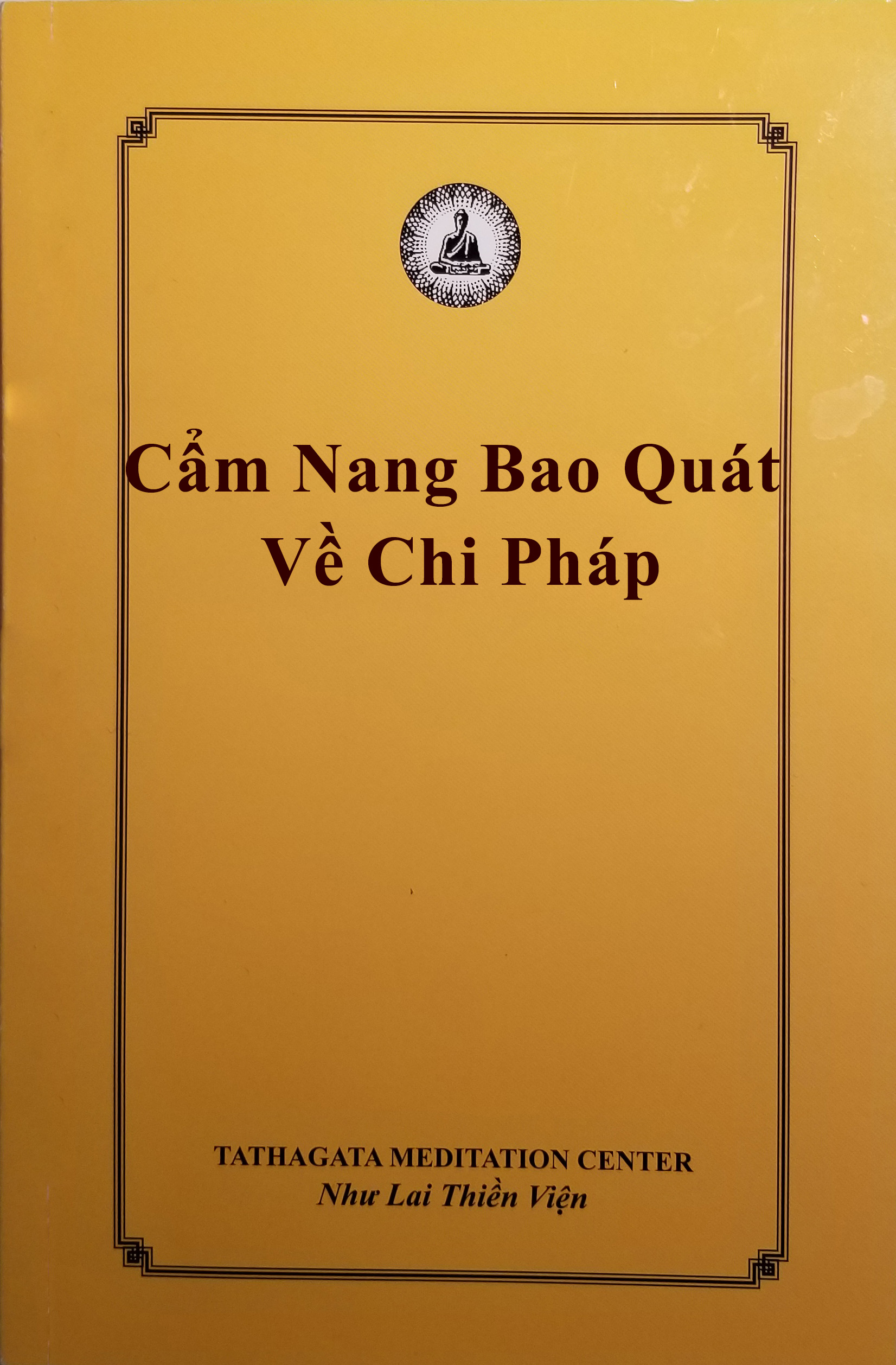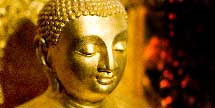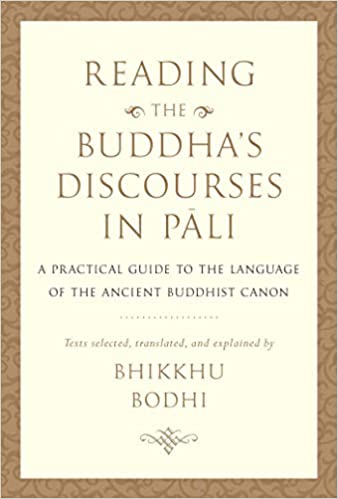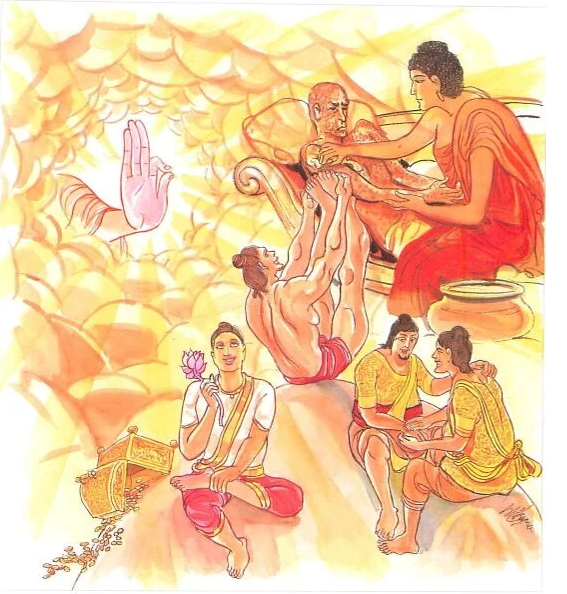New Vietnamese Book - Cẩm Nang Bao Quát Về Chi Pháp

Tiếng Việt Free Distribution Books
Cẩm Nang Bao Quát Về Chi Pháp
(A Vietnamese translation of A Comprehensive Manual of Abhidhamma by Bhikkhu Bodhi)
Abhidhammatthasaṅgaha is a small manual written by Ācariya Anuruddha, an Indian monk, in about the twelfth century in order to help monks find comfort in learning the Abhidhamma-piṭaka taught by the Buddha. Abhidhammatthasaṅgaha is not easy to understand, however. The late venerable Nārada Mahā Thera wrote the book “A Manual of Abhidhamma” to assist the readers in understanding it. Bhikkhu Bodhi and U Rewata Dhamma later edited this book into a book titled “A Comprehensive Manual of Abhidhamma” and Sayadaw U Sīlānanda used this newly edited book as a text for his ‘Abhidhammatthasaṅgaha-Explained’ class. Luyen Pham has translated this book into Vietnamese to benefit Vietnamese readers.
The book “Cẩm Nang Bao Quát Về Chi Pháp” will be printed during the April-May 2023 Vipassanā intensiv




